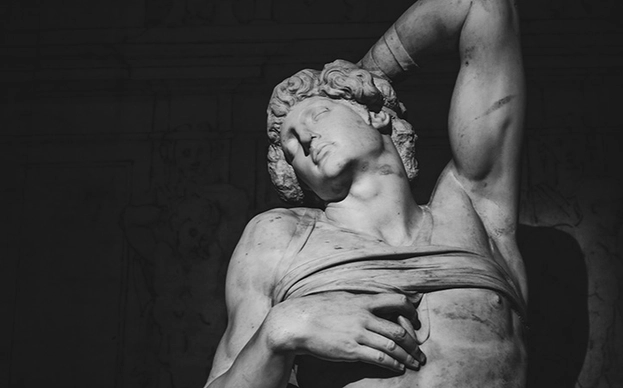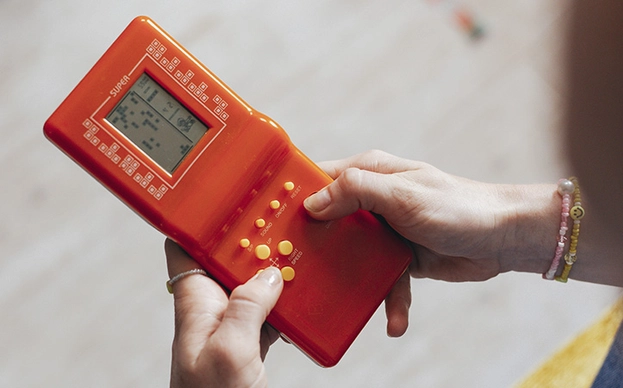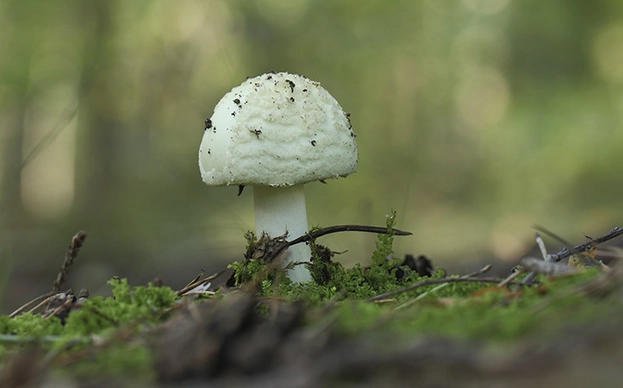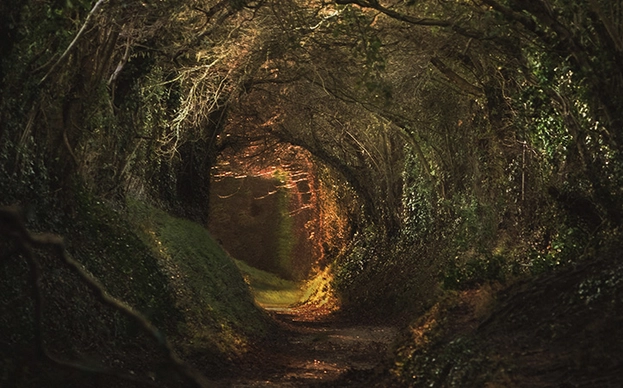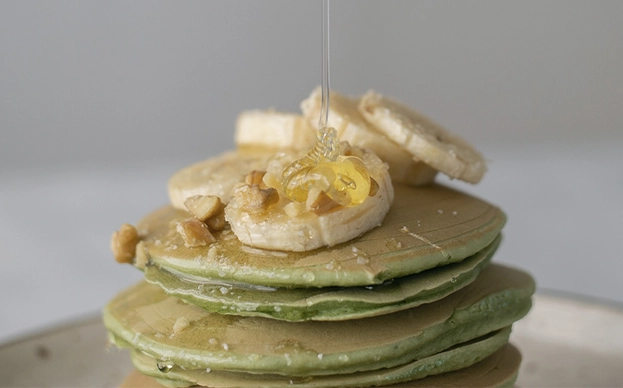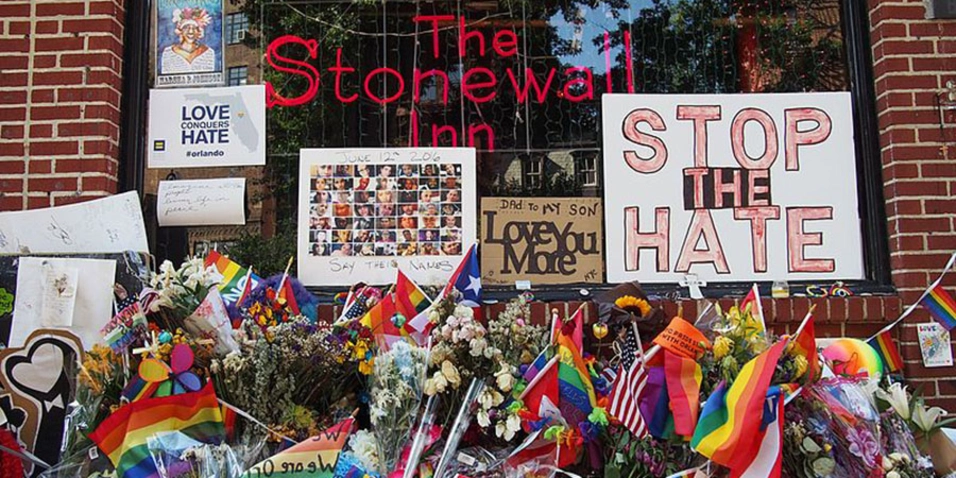
"Growing in the 1950s, I was supposed to marry a man, have, you know, 2.3 children...I could look at a guy and say, well, objectively he's good-looking — but I didn't feel anything. When it finally made sense to me was the first time I kissed a woman and I thought: oh, this is what is was about! I knew that I was a lesbian and I knew that I would go through hell; I would go through fire for that experience, for those kisses”. There are few quotes that sum up the spirit that was stirred up on the night of June 28, 1969 as well as that painfully beautiful declaration by activist Martha Shelley in the documentary 'The Stonewall Uprising'. It was the decade that brought us the Vietnam War protests, Martin Luther King and civil rights marches, the first man on the moon and the hippy movement. It all culminated with the uprising of the queers, faggots, poofs, dykes, trannies, and all those who were considered aberrations of nature by politicians and other 'wholesome' individuals.
Because in the late 1960s, homosexuality was a crime and a disease that prevented you from being a federal worker, a doctor or a lawyer. The law stated that you had to wear at least three pieces of clothing that corresponded to your biological sex. Gays, lesbians and transgender people filled psychiatric hospitals where they were subjected to pharmacological torture, electro-shocks, lobotomies or castrations. TV ads warned "one never knows when a homosexual is about, he may appear normal — but when you find out he's mentally ill, it may be too late". A straw didn't break the camel's back; it was the long, weighty history of oppression, prejudice and discrimination that led to collapse...and an irrepressible uprising. "I don't support it, but I tolerate it," "Why do they have to go out and flaunt it in our faces," and our favourite — "There should be a straight pride day as well then". If there's anyone around here who makes these little phrases their own, please, stop reading. As Sergeant Murtaugh said in Lethal Weapon, "I'm too old for this shit".
The Stonewall Inn was a mafia-controlled joint; a hideout in the middle of the Village. A place where the owners bribed the police and the raids were accompanied by a few arrests and minimal resistance. Near the bar, homosexuals had clandestine sex in trucks that were used to deliver meat during the day. On the night of June 28th at one o'clock in the morning, the place was packed. Municipal elections were due to be held in New York and the orders were clear — increase stop and search, and clean up the city. Six plain-clothes police officers made their way into the venue ordering people to line up for identification. But this time, the people refused. That was a real surprise. Transgender folks, lesbians and gays confronted the officers and threw coins at them. Visibly shocked, the cops locked themselves inside with some of the customers — while hundreds maybe thousands of people crowded outside. Inside, they piled furniture against the windows waiting for reinforcements that didn't arrive. The fear had changed sides.
Finally, five buses full of officers showed up — but the crowd were unfazed. Coins were replaced with bottles, glass and burning garbage cans. The swinging batons couldn't keep up. People were running, singing, dancing, jeering at the police. "In the civil rights demonstrations we ran away from the police, in the peace marches we ran away from the police, that night the police ran away from us — the weakest in the system. It was fantastic”, recounts one of the participants in the documentary. It didn't end on June 28th. The next day pamphlets were printed and distributed. The movement got organized. Demonstrations were scheduled. The riots and unrest lasted for days. And they were never made to shut up again.
